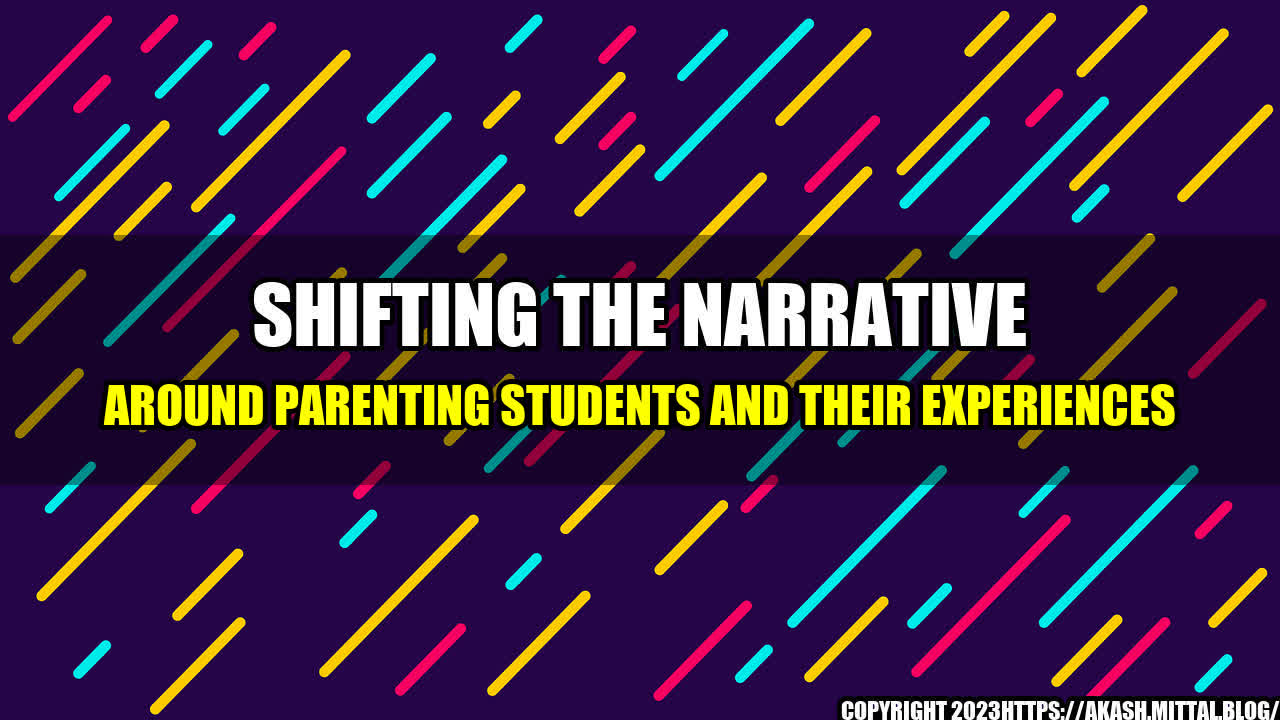The Struggle of Parenting Students
Parenting while pursuing an education is no easy feat. It requires intense juggling skills to balance the demands of assignments, lectures, and exams with those of raising a child. It can be a daunting task, even for those who have mastered multitasking, and it underscores the need for us to shift the narrative around parenting students and their experiences.
A recent study by the Institute for Women's Policy Research (IWPR) found that more than 4.8 million undergraduate students in the United States are parents, representing 22 percent of all students enrolled in higher education. Despite that number, parenting students are still largely invisible and underrepresented in discussions on college campuses and in public discourse on education.
This invisibility has significant consequences for parenting students, including a lack of support, resources, and services, and academic policies and practices that often fail to address the unique needs of this population. It is time for us to begin a new conversation and reframe how we support parenting students to help ensure that they can succeed and thrive.
Quantifiable Examples and
Consider the story of Rachel, a single mother who returned to college after becoming pregnant at a young age. Rachel had to juggle her coursework, caring for her son, and working part-time to make ends meet. Despite these challenges, Rachel persevered and graduated at the top of her class, eventually earning a scholarship to medical school.
Rachel's story is not unique. There are countless other examples of parenting students who overcome overwhelming odds to achieve academic success. However, many parenting students are also forced to drop out of school due to a lack of support, resources, or the financial burden of raising children.
These stories reflect the need for us to rethink how we support parenting students. It starts by acknowledging their existence and the unique challenges they face. It means creating policies and practices that take into account their parenting responsibilities, such as flexible scheduling, accessible child care, and financial aid that considers the additional costs of raising children.
Conclusion
- Parenting students are an important and often invisible population that deserves more attention and support.
- We must shift the narrative around parenting students and their experiences to create a more supportive and inclusive educational environment.
- We can do this through policies and practices that consider the unique needs of parenting students, including accessible child care, flexible scheduling, and financial aid that considers the additional costs of raising children.
References and Hashtags
- References:
- Hashtags:
- #parentingstudents
- #education
- #inclusivity
- Category: Education

Curated by Team Akash.Mittal.Blog
Share on Twitter Share on LinkedIn